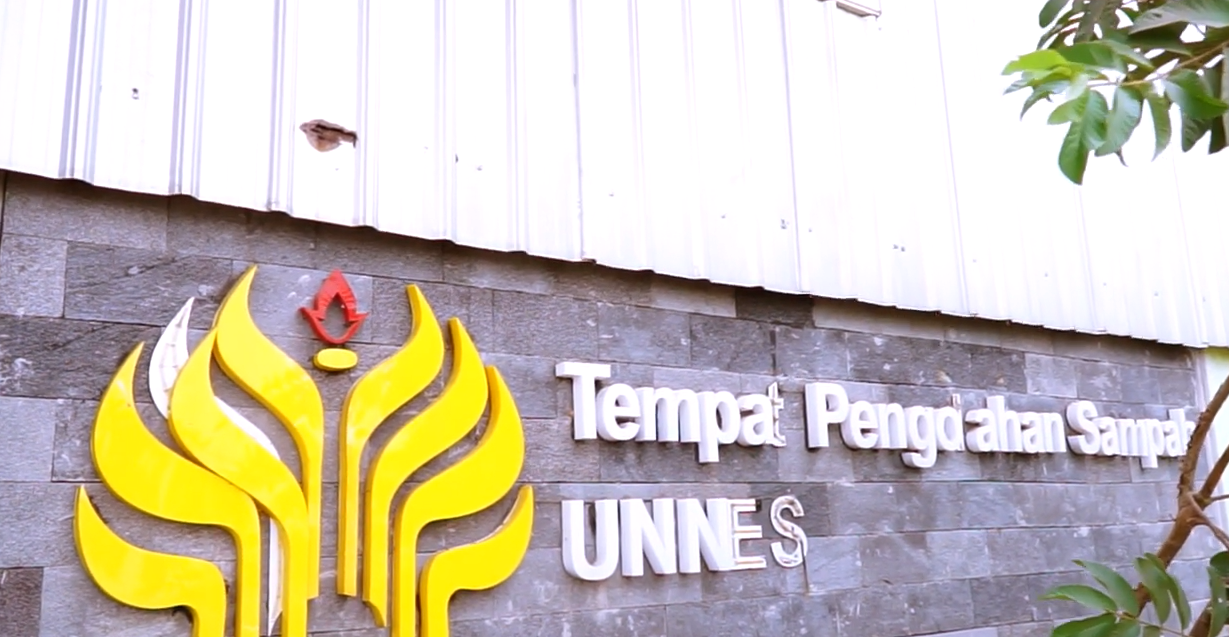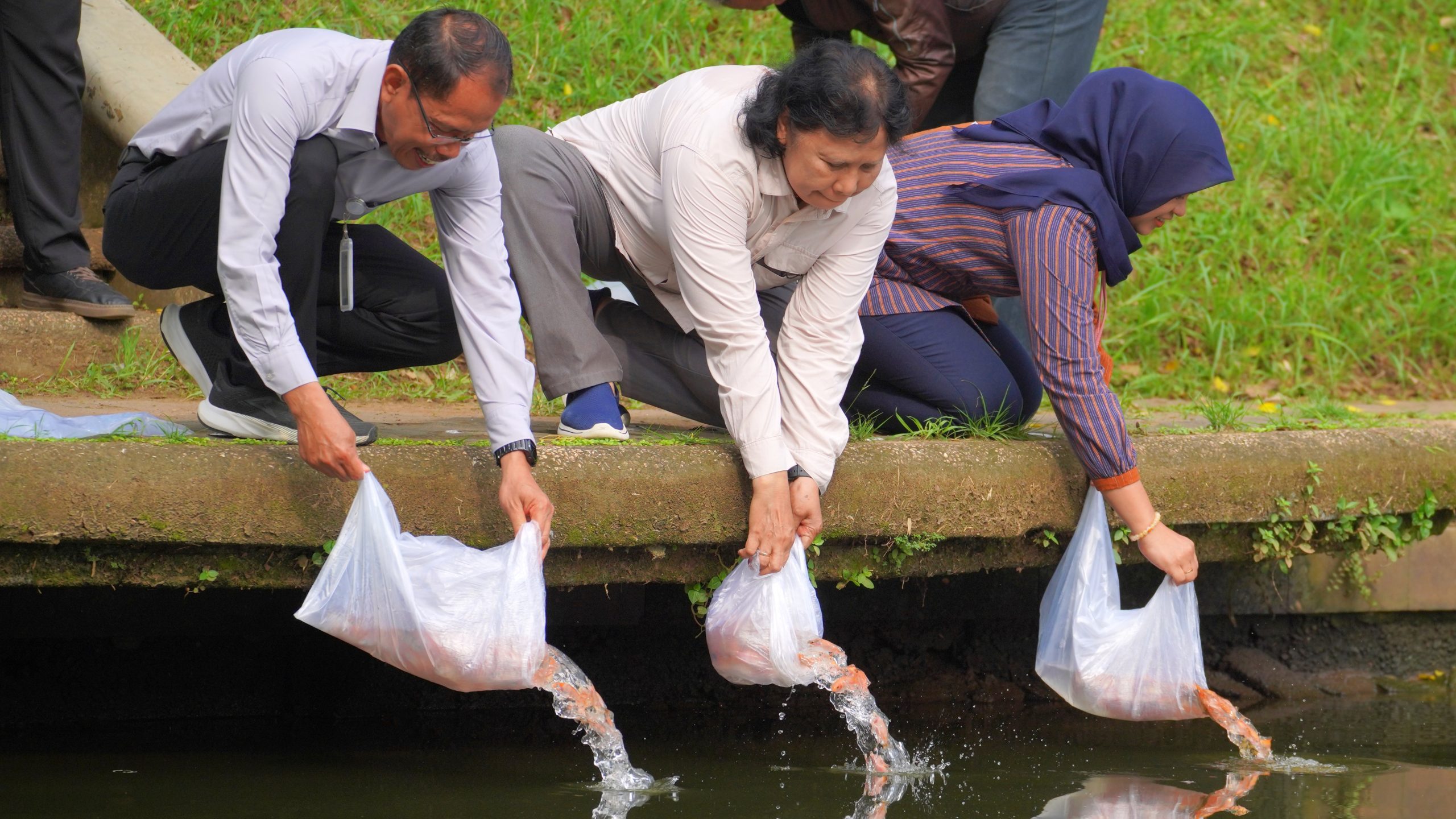Sebagai bagian dari upaya mendukung keberlanjutan lingkungan, Universitas Negeri Semarang (UNNES) mengambil langkah inovatif dalam pengelolaan sampah organik. Dengan kapasitas produksi mencapai 20 ton per hari, UNNES berhasil mengolah sampah organik menjadi produk bernilai ekonomis melalui Tempat Pengolahan Sampah Terpadu (TPST) yang dikelola oleh Subdirektorat Konservasi, berlokasi di Gang Ki Ageng Gribik, Sekaran, Gunungpati.
Setiap tahunnya, UNNES menghasilkan sekitar 4.586,576 ton sampah organik, didominasi oleh sampah daun sebesar 4.547,6 ton, diikuti oleh sampah makanan sebanyak 14,976 ton, serta limbah organik lain seperti kayu dan ranting pohon (24 ton).
Dalam pengelolaannya, UNNES menerapkan dua metode utama yakni downcycling (mengubah sampah organik menjadi produk baru dengan nilai dan kualitas lebih rendah) dan upcycling (memanfaatkan limbah untuk menghasilkan produk dengan nilai lebih tinggi).
Salah satu contoh upcycling yang telah dilakukan adalah dengan melakukan pengolahan sampah daun yang setiap harinya menyumbang kurang lebih 12 ton menjadi kompos berkualitas tinggi yang turut mendukung program penghijauan di UNNES dan sekitarnya. Disamping digunakan untuk penghijauan, kompos ini juga dijual untuk memberikan manfaat ekonomi.
Untuk sampah makanan, sampah ini diolah menjadi pakan bagi budidaya maggot (larva Black Soldier Fly), yang selain membantu mengurangi sampah organik, maggot juga memiliki nilai jual tinggi sebagai pakan ternak. Meskipun saat ini pasokan sampah makanan kurang ,bantuan dan dukungan dari masyarakat sangat membantu pengolahan sampah makanan dengan budidaya maggot.
Selain itu, sampah yang berasal dari material organik seperti ranting pohon dan kayu juga dilakukan pengolahan menggunakan insinerator . Penggunaan alat ini membuat penanganan sampah menjadi lebih lebih efisien.
Dengan inovasi-inovasi yang terus dikembangkan, diharapkan UNNES semakin memperkuat perannya sebagai kampus konservasi dan dapat memberikan inspirasi untuk turut serta dalam menjaga kelestarian lingkungan.





[…] Sumber: https://unnes.ac.id/dukung-keberlanjutan-lingkungan-unnes-optimalkan-inovasi-pengelolaan-sampah/ […]